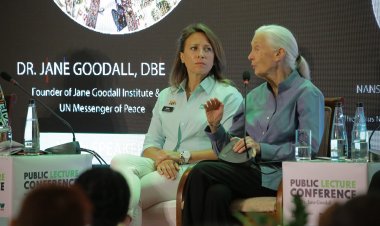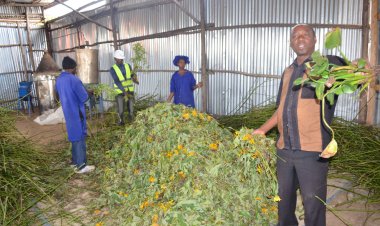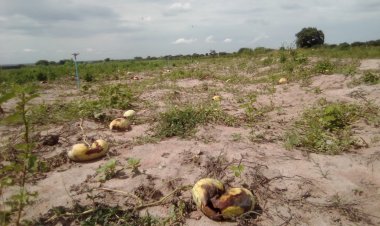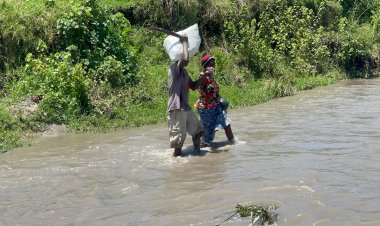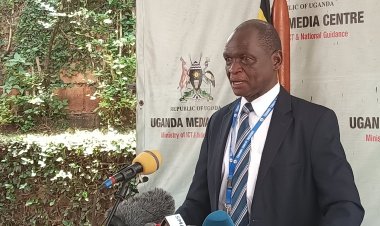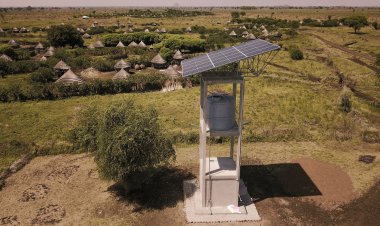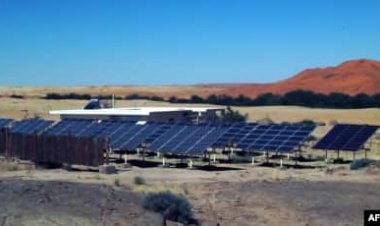Equity Bank Champions Environmental Conservation with Innovative Initiatives
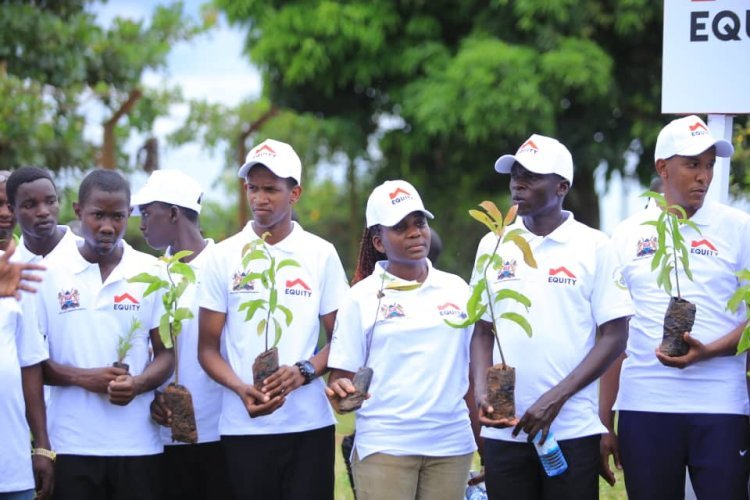
Equity Bank Uganda Limited is setting a high standard for environmental responsibility in the banking sector with a series of impactful initiatives aimed at promoting sustainability and combating climate change.
With a steadfast commitment to environmental conservation, the bank has introduced several projects and extensive tree-planting efforts, to foster a greener future for Uganda.

One of the bank's flagship initiatives is the Equi Green Loan, specifically designed to finance projects focused on clean energy, environmental preservation, and climate change mitigation.
This tree-planting campaign is another cornerstone of its environmental strategy. As part of the broader Equity Group's goal to plant 35 million trees across its operational regions, the bank has already made significant progress in Uganda.
Key areas such as Ntungamo, Nyakasura Hill, Rubaga, Kasese, and Mwiri Hill have seen extensive reforestation efforts.
Collaborating with the National Forestry Authority and Million Trees International, these initiatives aim to restore natural habitats and mitigate the effects of climate change.

With over 15,000 trees planted to date, Equity Bank Uganda's efforts are crucial in addressing the alarming deforestation rates reported by Global Forest Watch, which indicate that Uganda lost 13 percent, or 1.03 million hectares, of tree cover between 2001 and 2022.
Equity Bank is also playing a vital role in promoting clean energy solutions. The bank offers loans to customers for the purchase of clean energy products from various partners, contributing to both environmental sustainability and improved public health by reducing respiratory diseases linked to traditional energy sources.
In collaboration with the Uganda Energy Credit Capitalisation Company (UECCC) and aBi Trust, the bank has disbursed over UGX 14.75 billion for solar system financing, benefitting households and SMEs.
This has resulted in the adoption of 1,339 clean energy kits by households, furthering the transition to renewable energy.
The bank also making strides in the education sector by constructing school kitchens that utilize clean energy.
An upcoming project in Ntungamo, set to launch in June, aims to replace traditional firewood stoves with clean energy cooking solutions.
This initiative addresses the pressing issue that approximately 93 percent of Ugandan households, and many institutions such as schools, hospitals, and prisons, rely on biomass for cooking.
By encouraging a shift to clean energy, the bank is not only reducing dependence on wood fuel, charcoal, and fossil fuels like kerosene but also improving health outcomes by lowering household air pollution and reducing carbon footprints.








